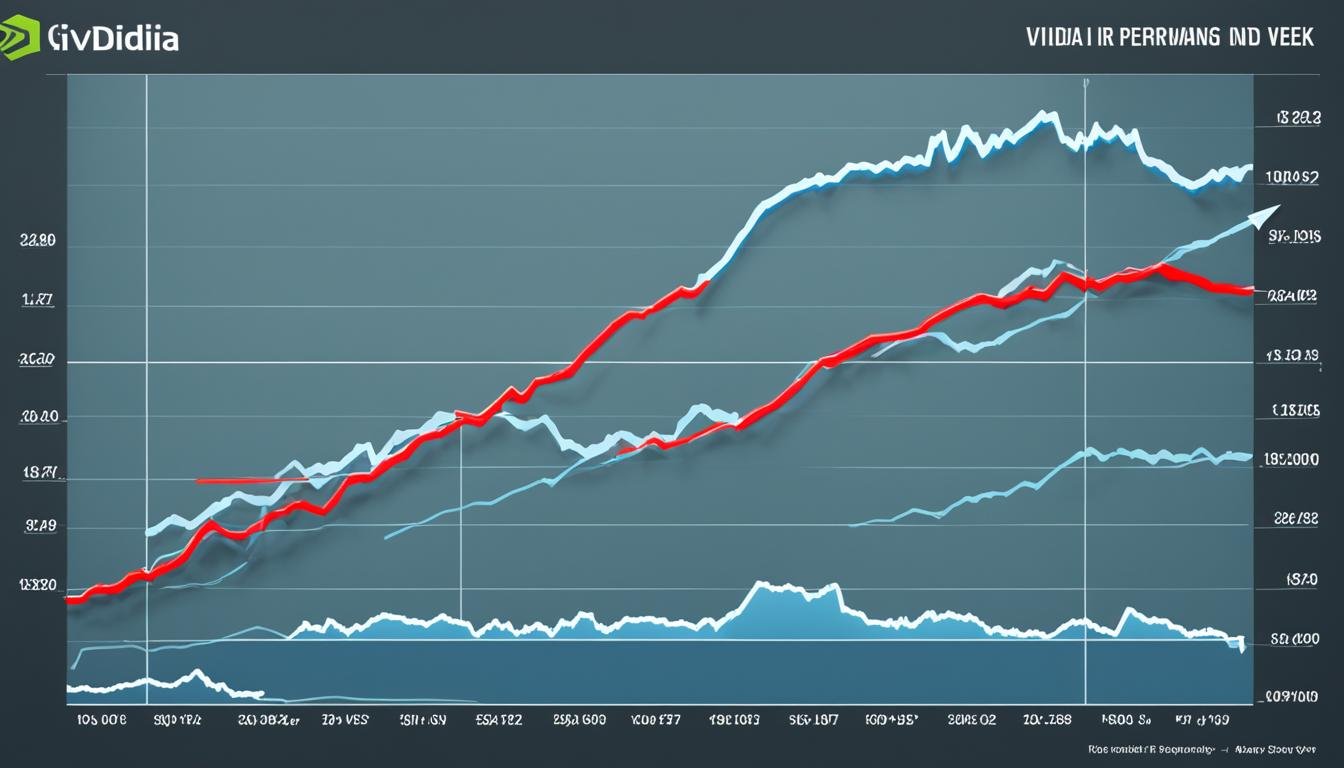FTC’s Rule: 3 Powerful Paths to Growth and Wages
Did you know that many job industries use noncompete agreements, which limit job changes and worker’s choices? This practice is coming to an end thanks to a new rule from the Federal Trade Commission (FTC). This rule will ban noncompete agreements, changing the way employees can move jobs and boosting fair competition.
For the first time ever, a wide-reaching rule will stop employers and employees from making noncompete deals. While some worry this will make it hard for businesses to keep or find new talent, the National Association of Manufacturers (NAM) found big concerns. They say about two-thirds of manufacturers worry it will hurt their work. About half are afraid it might affect how they train employees.
The FTC aims to help the economy grow by stopping noncompete agreements. This change should lead to higher wages and bring more new ideas. With this rule in place, people in the workforce will have more freedom. They can look for better-paying jobs and help the economy grow.
FTC’s Role: Impact on Workers and the Economy
Noncompete agreements are now everywhere, from technology to finance, affecting both the big shots and the little guys. Yet, the scope has grown to cover even those with lower-paying jobs. A recent move by the Federal Trade Commission (FTC) has banned these agreements. This change is aimed at helping workers and boosting the economy by addressing key problems.
One big issue with noncompete agreements is they stop job-hopping. They keep workers from moving to better jobs, limiting their chances to find new opportunities. By lifting this, the FTC’s ban opens up the field for better pay. Better job options could also make companies up their game by offering more to keep or attract top talent.

These agreements also lead to lower job-switching rates. If workers can’t move, there are fewer spots open for others. This squashes job opportunities and slows down hiring. With these bans in place, we might see more open spots to apply for and companies needing to hire more.
The FTC’s move to ban these agreements has won broad public backing, with about 26,000 comments supporting it. This strong support shows many understand these agreements block workers’ career moves and slow down the economy.
Benefits of the Ban on Noncompete Agreements
The FTC’s action has several upsides:
- It lets workers chase after better pay.
- It makes companies work harder to attract talent, possibly improving pay and benefits.
- More job openings are created.
- It could lead to more hires and growth in businesses, which is good for the economy.
This ban is about creating a better, fairer work environment. It gives workers more chances to grow their careers and sparks more competition among companies. This increased drive can ultimately lead to economic growth.
Legal Challenges and Future Implications
The FTC’s ban on noncompete agreements is facing pushback. The US Chamber of Commerce worries the ban is too broad. They say the FTC might be going too far. They plan to challenge the ban in court, aiming to stop it and possibly slow it down.
If a new administration takes over, like if Donald Trump serves another term, the rule might change. Different leaders can mean different directions in law and policy. This could shake up the ban on noncompete agreements.
Supporters of the ban say these agreements hurt the economy. They argue that without these restrictions, more people can start businesses. They use California as an example, where a similar ban is seen as helping the tech industry grow. But, until the legal dust settles and the next election decides, the future of the FTC’s rule is unclear.




